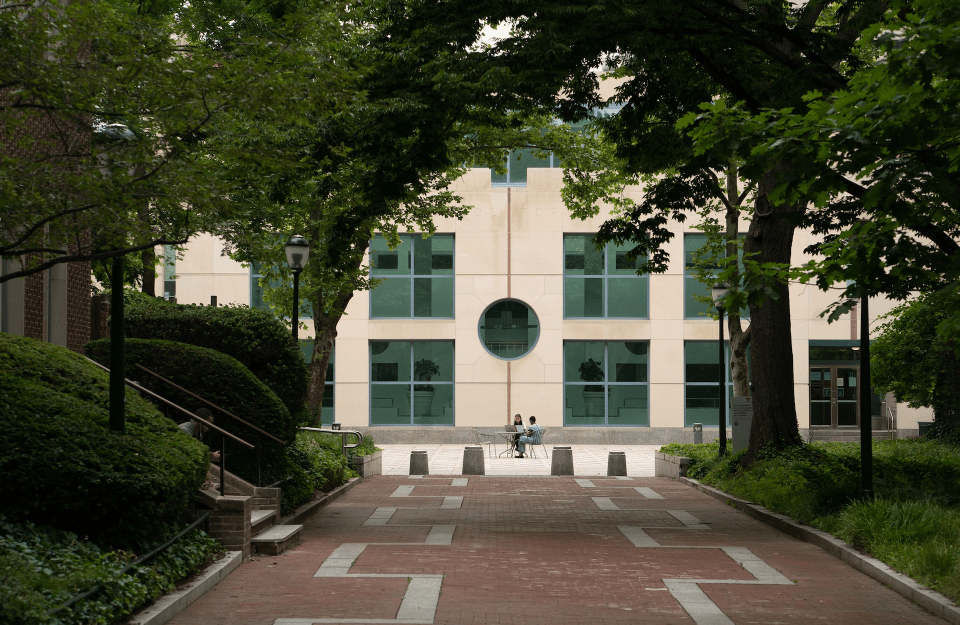Desmond Upton Patton Appointed to Public Responsibility in Medicine and Research Board of Directors
Public Responsibility in Medicine and Research (PRIM&R) is a nonprofit that works to ensure the highest ethical standards in research.

Public Responsibility in Medicine and Research (PRIM&R) has announced the appointment of Brian and Randi Schwartz University Professor Desmond Upton Patton to its Board of Directors. Patton began his three-year term on PRIM&R’s Board of Directors in January.

“Patton will make an outstanding addition to PRIM&R’s Board of Directors,” said Elisa A. Hurley, PhD, executive director of PRIM&R. “His years of research at the intersection of social media, AI, empathy, and race bring an important and timely perspective to the leadership of PRIM&R, as it continues to advance ethical research in the 21st century.”
Patton is a pioneer in the interdisciplinary crossroads of social work, communications, and data science. He is the Brian and Randi Schwartz University Professor at the University of Pennsylvania with joint appointments in the School of Social Policy & Practice and the Annenberg School for Communication along with a secondary appointment in the department of psychiatry in the Perelman School of Medicine.
Patton’s groundbreaking research into the relationship between social media and gang violence – specifically how communities constructed online can influence often harmful behavior offline – has led to his becoming the most cited and recognized scholar in this increasingly important area of social science.
Patton’s insights on creating non-biased and culturally nuanced algorithms give tech companies a holistic perspective on various business and social issues. Companies that adopt these proactive measures are then able to ensure they are not unintentionally propagating bias.
In 2018, Patton published a study in the prestigious Nature journal, npj Digital Medicine, "Expressions of loss predict aggressive comments on Twitter among gang-involved youth in Chicago." The report was cited in an amici curiae brief submitted to the United States Supreme Court in Elonis v. United States, which examined the interpretation of threats on social media.



